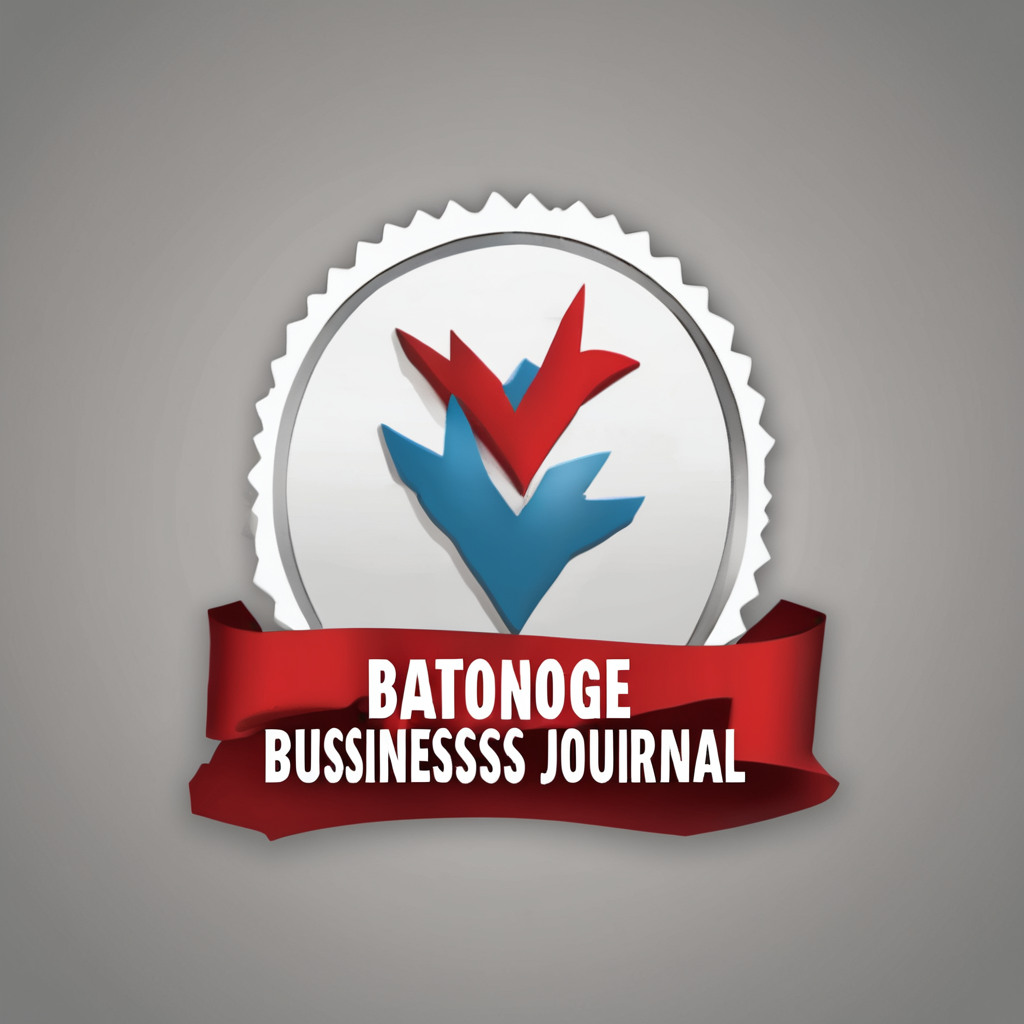Overcoming Challenges in International Expansion
Expanding internationally presents complex challenges for UK businesses aiming to grow globally. One key barrier in global expansion challenges is navigating diverse regulatory environments. Different countries impose varying trade laws, taxes, and compliance requirements. UK business internationalisation efforts must prioritize understanding these regulations early to avoid costly setbacks.
Cultural differences also pose a substantial hurdle. Misaligned marketing messages or business practices can hinder acceptance in foreign markets. Companies should invest in cultural adaptation strategies to respect local values and communication styles. Operational hurdles, such as supply chain complexities and distribution logistics, add further difficulty to international market entry.
Also read : Elevating brand presence: unleashing video marketing strategies for uk businesses
Learning from UK companies that have successfully tackled these challenges can provide valuable insights. For example, firms that performed thorough market analysis and built local partnerships often overcame initial obstacles more smoothly. Establishing strong collaboration with in-market experts and adopting flexible strategies tailored to each region boosts the chances of sustainable success.
In sum, addressing these global expansion challenges requires careful planning, resource allocation, and readiness to adapt. A practical, informed approach is essential for UK businesses to thrive in competitive international markets.
Additional reading : Unlocking success: optimizing social media marketing strategies for uk enterprises
Developing an Effective Global Marketing Strategy
Crafting a successful international marketing strategy is central to overcoming global expansion challenges. UK businesses must build a clear, step-by-step marketing plan tailored to diverse international audiences. This starts with aligning overall business goals to the specific opportunities and demands of each overseas market. For instance, export marketing should address local preferences, buying behaviour, and competitive dynamics unique to the target country.
How do companies ensure their global brand positioning resonates abroad? Precision in defining their value proposition is key. A compelling value proposition differentiates a UK firm in crowded international markets by highlighting its distinct strengths relevant to local customers. This involves cultural sensitivity and language considerations, which can make or break brand perception.
A successful international marketing strategy also leverages multi-channel approaches, combining traditional export marketing with digital platforms to maximise reach and engagement. By embracing local insights and adapting messaging accordingly, UK businesses enhance their chances to connect meaningfully with foreign consumers, ultimately driving growth in new markets.
Overcoming Challenges in International Expansion
International market entry involves multiple global expansion challenges that UK businesses must strategically navigate. One primary barrier is adapting to often complex regulatory frameworks, where missteps in compliance can delay or even halt entry. Regulatory demands vary widely across countries, encompassing customs duties, product standards, and licensing processes. Effective UK business internationalisation must include early and thorough legal assessment to sidestep costly errors.
Cultural differences further complicate expansion. For instance, messaging that resonates in the UK might not connect abroad, potentially alienating target consumers. Companies face the challenge of tailoring communication to diverse cultural norms without diluting their brand identity—a vital aspect of successful international market entry.
Operational hurdles also remain significant. Supply chain disruptions, local distribution issues, and logistical inefficiencies are common obstacles. Learning from UK firms that have excelled provides insight; those prioritising local partnerships and agile, region-specific strategies tend to navigate these difficulties effectively. Such collaboration enhances responsiveness to market needs and aids smoother entry into foreign markets.
Overcoming Challenges in International Expansion
UK business internationalisation often confronts three core obstacles: regulatory complexities, cultural barriers, and operational difficulties. Regulatory challenges arise because each country’s legal frameworks differ vastly, involving customs rules, licensing, and product standards. Early comprehensive compliance checks are critical to prevent delays in international market entry.
Cultural hurdles further complicate expansion. What works in the UK might not resonate globally. Understanding local customs, communication styles, and consumer expectations is vital to avoid alienating target audiences. For example, adapting marketing messages to local norms without losing brand identity requires nuanced cultural insight.
Operational challenges, including supply chain management and distribution logistics, frequently disrupt international market entry. Successful UK firms often build strong local partnerships to enhance adaptability and streamline operations. These alliances facilitate a responsive approach to market conditions, helping navigate unforeseen issues promptly.
Learning from case studies reveals that combining regulatory foresight, cultural sensitivity, and operational agility is essential to overcoming global expansion challenges. UK business internationalisation thrives when firms proactively address these barriers with tailored strategies, ensuring smoother entry and sustainable growth in foreign markets.
Overcoming Challenges in International Expansion
International market entry for UK businesses often involves navigating significant global expansion challenges, including regulatory, cultural, and operational barriers. Regulatory complexity requires firms to conduct detailed due diligence on trade regulations and compliance standards specific to each target country. Failure to grasp these nuances can cause costly delays or rejections during international market entry.
Cultural differences demand careful adaptation of marketing and communication strategies. UK business internationalisation efforts must go beyond language translation, embracing local customs and consumer behaviour to foster genuine connections. For example, product positioning popular in the UK may need adjustment to align with local values or preferences, ensuring relevancy and acceptance.
Operational hurdles encompass supply chain management, distribution logistics, and local business practices. UK firms that partner with local entities often benefit from improved market insights and agility in responding to challenges. These partnerships can expedite international market entry by leveraging on-the-ground expertise and networks.
Real-world examples demonstrate how companies combining regulatory compliance, cultural sensitivity, and strong local partnerships achieve smoother, more sustainable global expansion. Such integrated strategies are crucial to overcoming the multifaceted obstacles present in international markets.
Overcoming Challenges in International Expansion
UK business internationalisation faces significant global expansion challenges, especially during initial international market entry. Regulatory barriers are among the most pressing, as compliance requirements vary widely, including customs duties, product standards, and licensing. Precise understanding and proactive management of these rules help avoid costly delays or rejections.
Cultural differences also create hurdles. Adapting communication without undermining brand identity requires businesses to deeply grasp local values and consumer preferences. For example, marketing strategies effective in the UK often need tailoring to align with foreign customs and buying behaviours to gain acceptance.
Operational challenges such as supply chain coordination and distribution issues further complicate global expansion. Successful UK firms often rely on strong local partnerships, which provide essential market insights and operational agility, easing entry and ongoing operations. Real-world UK international expansion examples show that combining regulatory foresight, cultural sensitivity, and operational collaboration forms the backbone of effective international market entry. Addressing these integrated challenges is crucial to securing sustainable growth and competitive advantage abroad.
Overcoming Challenges in International Expansion
UK business internationalisation faces global expansion challenges at every stage of international market entry. Among the most common barriers are regulatory complexities, cultural misalignments, and operational obstacles. Regulatory hurdles arise because each target market enforces unique trade laws, customs duties, and compliance standards. Failing to navigate these accurately can result in costly delays or market rejections.
Cultural challenges require businesses to adapt beyond language, understanding local customs, consumer preferences, and communication styles fully. For example, a marketing message effective in the UK might not resonate abroad without sensitive modification, potentially alienating target audiences. This makes culturally informed strategies crucial in overcoming global expansion challenges.
Operational difficulties, including supply chain coordination and distribution logistics, further complicate international market entry. To manage these, successful UK firms often establish local partnerships that provide on-the-ground knowledge and agility. Real-world examples demonstrate that addressing regulatory, cultural, and operational barriers together is essential for smoother, sustainable UK business internationalisation and effective global growth.
Overcoming Challenges in International Expansion
International market entry poses significant global expansion challenges for UK businesses, primarily manifesting as regulatory, cultural, and operational obstacles. Regulatory hurdles arise because each country imposes distinctive compliance standards, including customs duties, product certifications, and licensing, complicating UK business internationalisation efforts. Early and thorough legal due diligence is essential to navigate these differences and prevent costly delays or refusals.
Cultural barriers further complicate expansion. UK businesses entering new markets must tailor marketing and communication approaches by understanding local values, customs, and consumer preferences. This adaptation ensures messaging resonates, maintaining relevance without undermining brand identity—a delicate balance crucial for successful UK business internationalisation.
Operational challenges commonly include supply chain coordination and distribution logistics, areas where lack of local knowledge can result in inefficiencies. UK firms that establish strong local partnerships leverage on-the-ground insights and networks, increasing agility to respond swiftly to market-specific issues. Real-world examples demonstrate companies combining regulatory compliance, cultural sensitivity, and operational collaboration achieve more effective international market entry and sustainable global growth.
Overcoming Challenges in International Expansion
Successfully navigating global expansion challenges requires UK businesses to confront regulatory, cultural, and operational obstacles during international market entry. Regulatory hurdles often involve understanding complex trade laws, customs duties, and product standards that differ widely by country. Early, thorough compliance preparation reduces risks of delays or costly refusals, a critical step in UK business internationalisation.
Cultural barriers demand that firms adapt their communication and marketing strategies beyond simple translation. Appreciating local customs, consumer behaviors, and societal values ensures messaging resonates authentically without diluting brand identity. For example, a promotional campaign popular in the UK might require substantial modification to align effectively with a target market’s preferences.
Operational difficulties commonly include supply chain management and distribution logistics. Establishing partnerships with local experts or distributors helps UK firms gain vital market insights, streamline operations, and respond flexibly to unexpected disruptions. Real-world examples demonstrate that companies integrating regulatory foresight, cultural sensitivity, and operational agility typically achieve smoother, more sustainable international market entry and stronger global growth.



